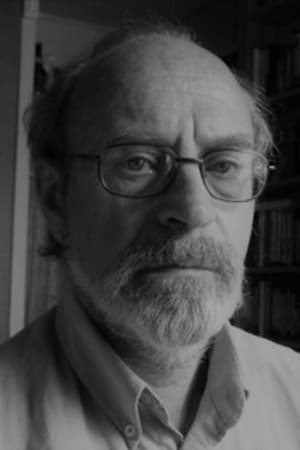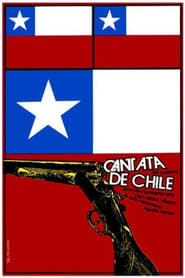Pedro Chaskel
Pedro Chaskel, is one of the main precursors of the so-called New Chilean Cinema, as a director, cameraman and editor of numerous short and feature length films. An early emigrant from Germany at the age of seven, Chaskel became a Chilean national in 1952, and studied architecture at the Universidad de Chile from 1951 to 1954. That year, he became a founding member and animator of the Cine Club Universitario de la Federación de Estudiantes de Chile (FECH). A conspirator in the exhibition of films that did not come to Chile through the regular commercial circuit, Chaskel promoted, together with a group of contemplative people, a custom that was not very common in Chile: the cinema forum, or the debate organized after the film screenings that he did at the Central House of the Universidad de Chile. It was there that classics of German expressionism, Italian neo-realism and any film they had available were shown for the first time in Chile. In 1973, due to the military coup suffered by the government of President Salvador Allende, Chaskel is expelled from the Universidad de Chile by the military authorities, and travels abroad. Between 1974 and 1983 he settled in Cuba, where he worked as an editor at the Cuban Institute of Art and Cinematographic Industry (ICAIC), and since 1979, as a director and filmmaker for the same institute. In 1983, he returns to Chile. He works in film and video as an independent professional, working as an editor and director of documentaries. From 1997 to date, he has taught film at many Chilean universities.

Cantata de Chile
as uncreditedThe story of the Santa María School massacre of miners in 1907.
Movie pageNada pertenece a la memoria
as HimselfPedro Chaskel, director, editor and post-producer. Based on domestic memories, and accompanied...
Movie page
